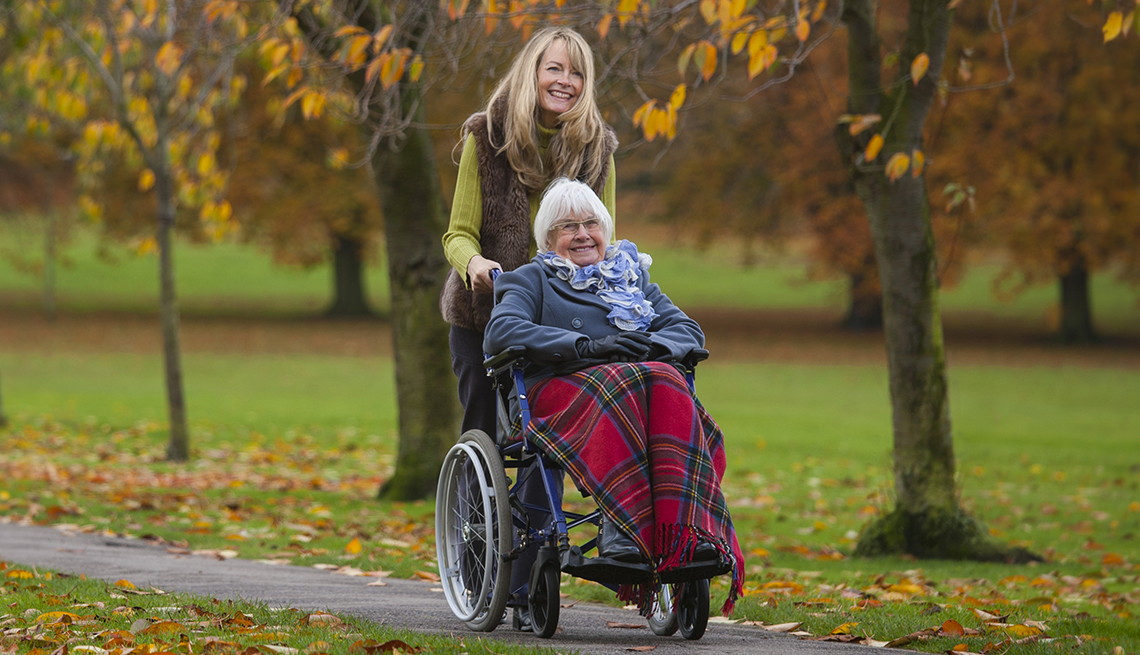AARP Hearing Center
During what seemed like hours that we sat in crowded medical waiting rooms, my mother and I made small talk that quickly petered out. I flipped through old magazines when I couldn’t concentrate on reading my book. I scrolled through my phone absentmindedly. I was irritated and restless. I was also bored.
I was often bored during my caregiving years. Because we spent so many hours in each other’s company, my mother and I usually ran out of things to say to each other, except for what was immediately necessary. (“Don’t forget to use your walker” or “What do you want for lunch?”) She liked to watch the same game show on TV every evening — which drove me stir-crazy. I sometimes pulled out old photo albums of her world travels to prompt her to reminisce about happier times. But even this activity became repetitive and dull.
Boredom is a common, unpleasant human experience when we are understimulated by our immediate situations. Even as we remain physically present, we are mentally distracted and disengaged. We then assume a universal bored look — a vacant gaze and slack jaw with a slightly downturned mouth. Our performance and morale suffer.
The fact that family caregivers are more prone to boredom than most people is not due to a lack of interest in the well-being of the people we’re caring for. To the contrary, we put up with long stretches of boredom because we want to make a positive difference. But many of the activities that caregiving requires are less than enthralling. Filling out health care insurance forms is an exercise in tedium. Sitting on the phone after a medical office receptionist has put us on hold is maddening monotony. Doing the same care routine every day — washing, dressing, feeding, doling out pills — can be stultifying drudgery.
Have more questions? Visit AARP's Caregiving Q&A Tool.



































































